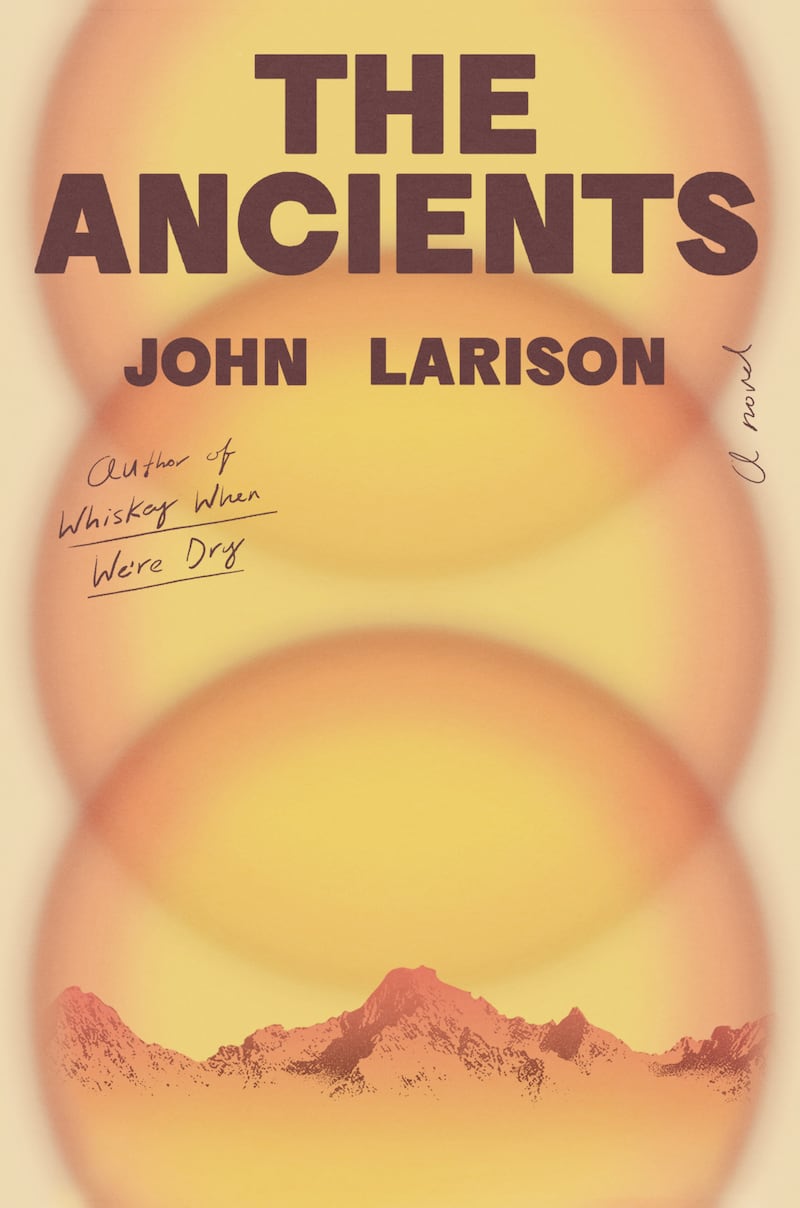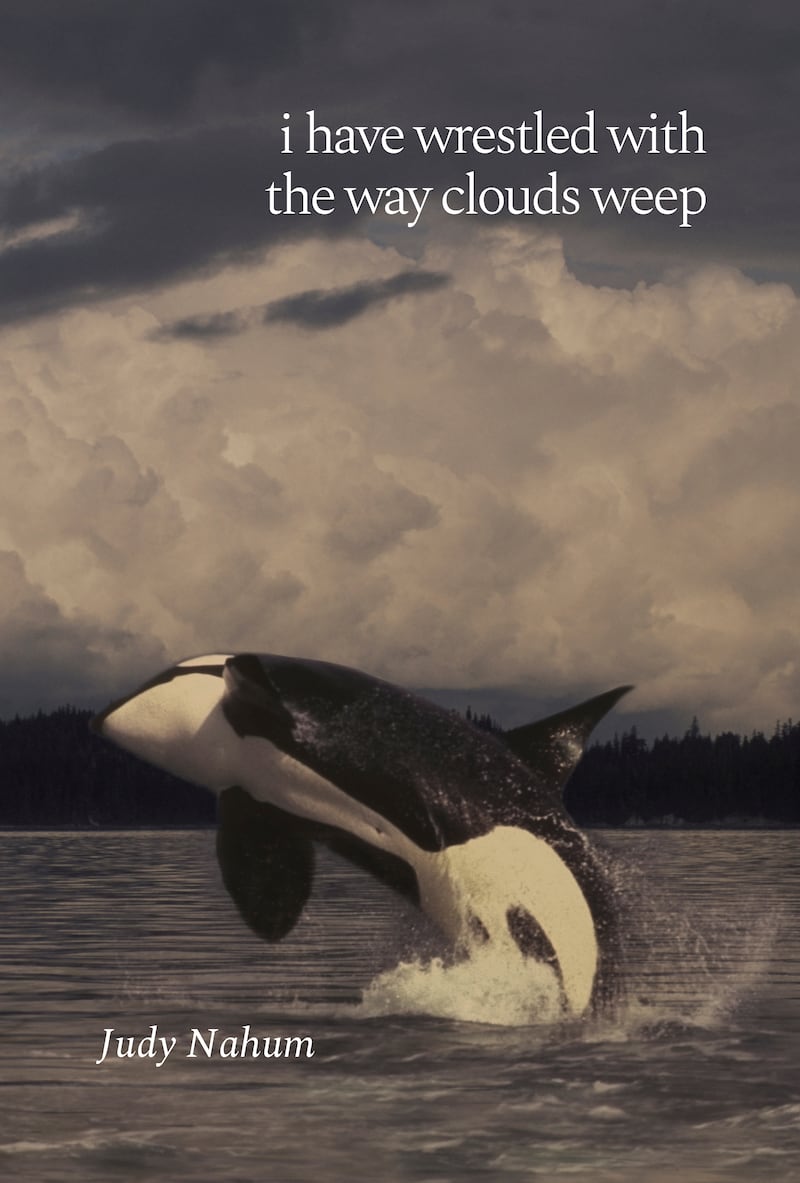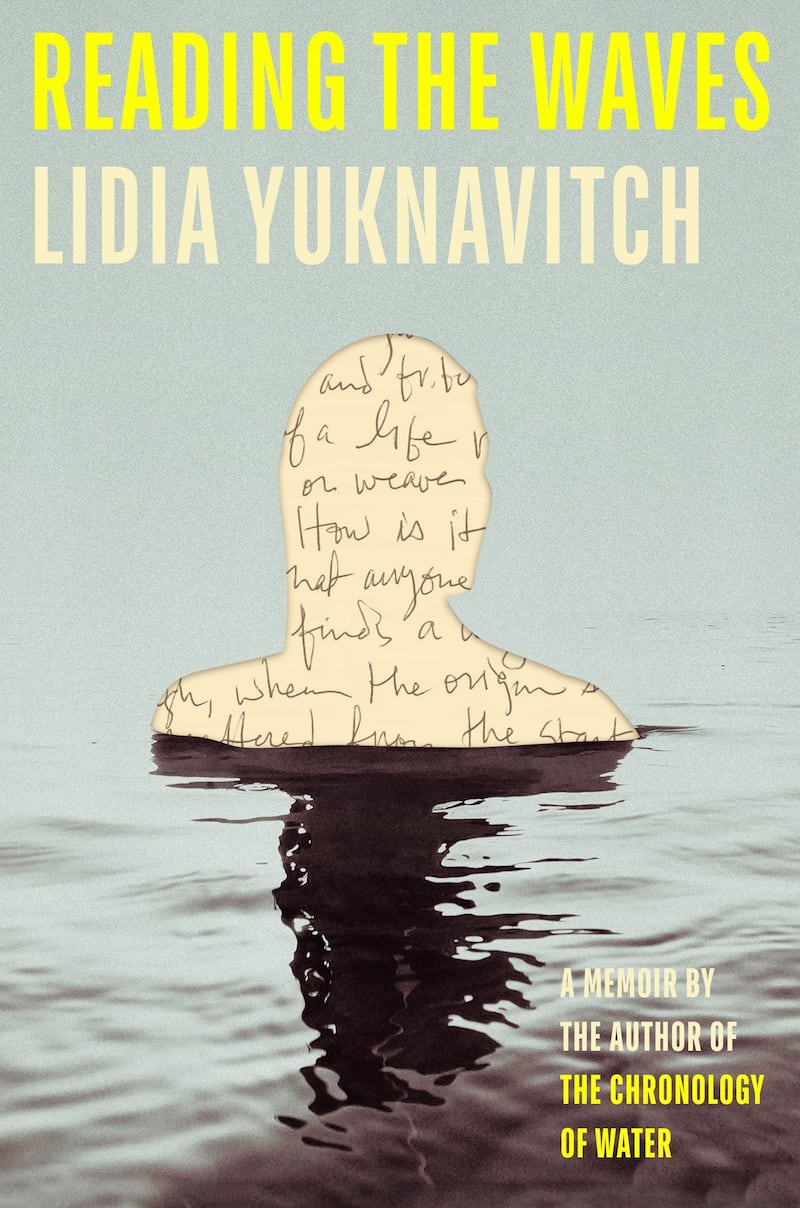Wherever you’re cozying up indoors this winter, have a book on hand. These new books by Portland-area authors travel through times, memories and places to bring us elsewhere. By the time you’re done, you won’t be the same.
Novel
The Ancients by John Larison
Viking Books, Oct. 15

The Ancients opens with a rush. Sisters Maren and Leerit and their little brother Kushim are running through a frigid forest. From what or why, we do not know. All that is clear is that the children are in a hurry and that their parents are not coming back. With this cruel realization, the children must learn how to survive in a world that is unrecognizable and continually shifting.
With some of the same storytelling brilliance of John Larison’s 2018 tear-jerking Western Whiskey When We’re Dry comes an epic novel about a trio of kids who find themselves suddenly and completely alone in a post-apocalyptic future that Viking calls “anti-apocalyptic.” With The Ancients, the rush and realizations do not stop until the very last page.
Filled with beautiful prose (lines like “hail like sizzling fat” and “Her words sounded like the swooshing of a brush over wood”), The Ancients is a page-turning story of escaping slavery to brave an unsettling world, bringing together some equally unsettling parallels to where civilization might be headed.
Poetry Collection
I Have Wrestled With the Way Clouds Weep by Judy Nahum
Querencia Press, Dec. 14

Open to any poem in Judy Nahum’s debut poetry collection to dive into its reflective, searching and irresistibly rereadable lines. The aptly titled I Have Wrestled With the Way Clouds Weep is full of wrestlings. Many of these poems use oceanic landscapes as metaphors to explore themes around the human condition—grief and curiosity, healing and acceptance—with a fresh lens and tender storytelling.
The opening poem, “Brighton Beach,” ends with “a mouth full of shells/ready to shatter into words,” while the final poem, “Yakamoz,” a Turkish word that means “the reflection of moonlight on water” writes that “Yakamoz” is “…a word that actually means a phrase/that means the interaction of a cosmic body with something unique to planet earth.” The poem refers to orca whale J35, who “carried/her dead newborn calf with her for 17 days/through the Salish Sea because grief/is a force like gravity, or inertia.” Nahum presents an altogether inquisitive and beautiful debut collection.
Novel
The Last Grand Tour by Michael N. McGregor
Korza Books, Jan. 28
Joe Newhouse is an American tour guide working in Europe. His wife has left him, the Berlin Wall has fallen, and all he wants to do is get to Venice. A failing business nipping at his heels, Joe takes on one last 10-day tour before quitting—but it is not the tour group or the experience he was expecting.
While managing a group of tourists who seem not to want to be there, Joe meets a fascinating woman who plays temptress along the way. Set in romantic places both familiar and unrecognizable as we follow Joe’s journey through the changing landscapes of Hitler’s Berchtesgaden to Mozart’s Salzburg, The Last Grand Tour offers a grand escape this winter that might make you grateful to be home under a blanket.

Memoir
Reading the Waves by Lidia Yuknavitch
Riverhead Books, Feb. 4

In Lidia Yuknavitch’s 2011 award-winning memoir The Chronology of Water, Yuknavitch resuscitates her father after he drowns in the ocean. The resulting brain damage he sustains after that drowning erases his long-term memory—including any recollection of his abuse of his wife and daughters. Water is about abuse, substance use, sexuality, the excruciation of birthing a stillborn baby, and years of self-destruction and anger.
In February 2025, Yuknavitch is back with her second memoir (after half a dozen bestselling books in between). Reading the Waves bravely returns to some of those memories and others with a red pen. What if one can rewrite memories in order to help one set down what’s holding one back? As she writes in the book’s preface, “Memory for me poses a kind of crisis in representation, where the desire to capture ‘what really happened’ meets the desire to build a story that will help us get on with our lives…”
Reading the Waves is another no-bullshit Yuknavitch memoir with a strengthened maturity alongside the grace and curiosity of an artist.
This story is a part of Oregon Winter, Willamette Week’s annual winter activity magazine. It is free and can be found all over Portland beginning Friday, December 13, 2024. Find your free copy at one of the locations noted here or at our online store, before they all get picked up!

